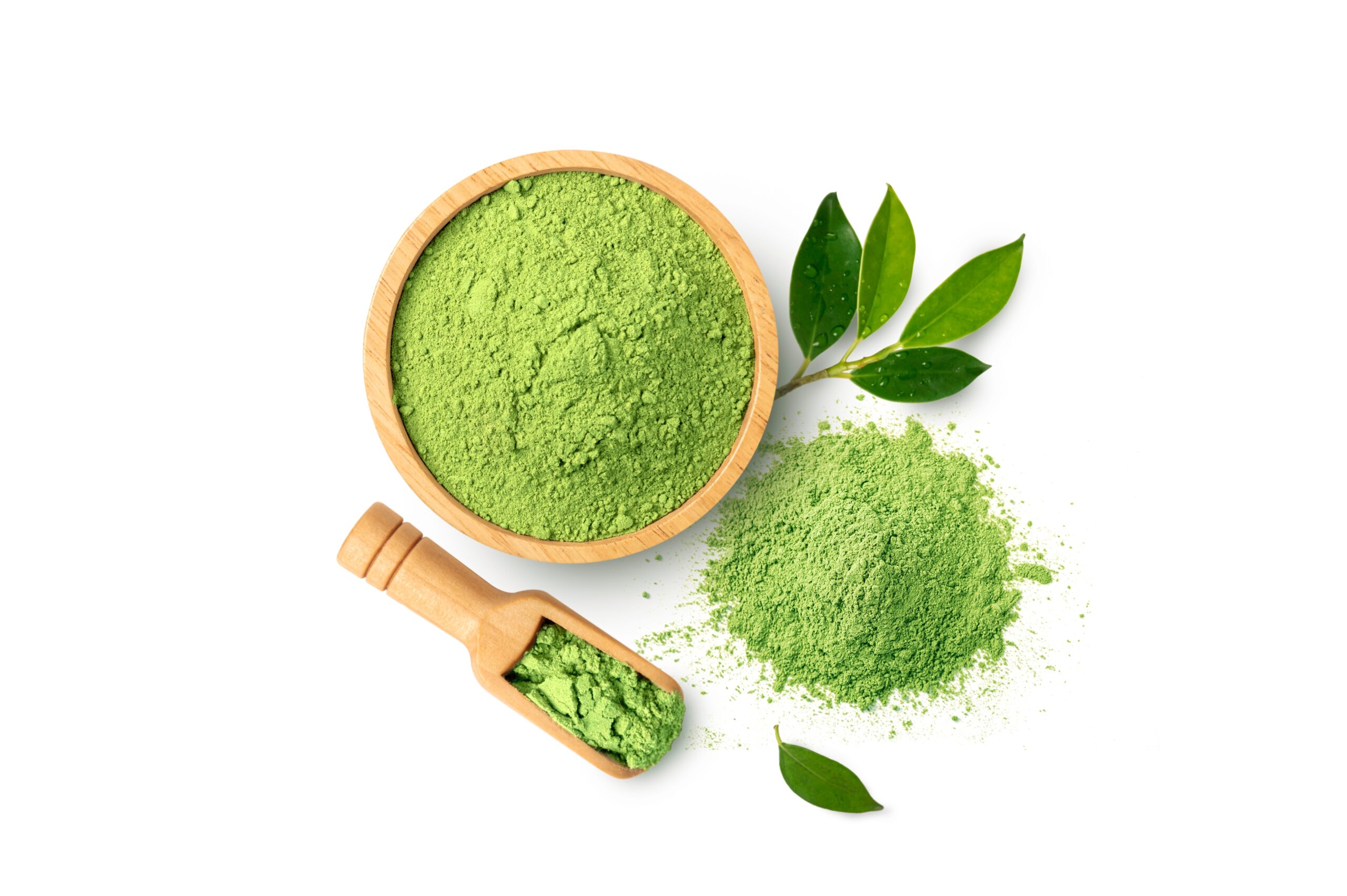A groundbreaking new preclinical study suggests that matcha may be even more effective than traditional green tea in protecting the intestines from radiation-induced injury, a common complication for cancer patients undergoing radiotherapy.
Researchers studied female Wistar rats exposed to 4 Gy of gamma radiation and treated them orally with either matcha or green tea (200 mg/kg body weight) for 14 days. They then evaluated the effects on inflammation and the TAK1–TA signalling pathway, a critical driver of cellular stress and damage.
Both matcha and green tea successfully reduced key inflammatory markers such as TNF-α, IL-1β, TGF-β, TAK1, NF-κB, and COX-2. However, matcha consistently delivered stronger anti-inflammatory effects, suggesting it offers greater protection at the cellular level. Tissue analysis reinforced these results, showing better intestinal structure preservation in the matcha-treated group.
The researchers attribute matcha’s superior performance to its richer content of bioactive compounds like catechins and chlorophyll. These promising findings position matcha as a potential natural support for patients facing gastrointestinal side effects from radiation therapy.
While more human studies are needed, this research opens exciting possibilities for integrating matcha into supportive cancer care.
